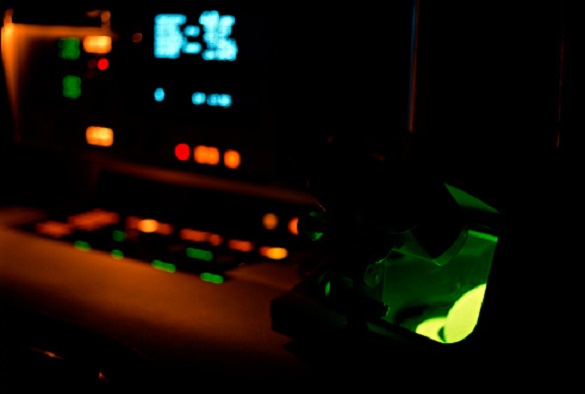New £4.8M state-of-the-art microscope to study materials on the atomic scale
Published on

The University of Liverpool has been awarded £4.8 million funding from the Engineering and Physical Sciences Research Council (EPSRC) for a state-of-the-art Scanning Transmission Electron Microscope (STEM) that will allow researchers to characterise new materials and processes on the atomic scale.
The 300kV aberration corrected STEM is one of the most advanced microscopes in the world and will support the University’s research activities in advanced materials, personalised health and energy, with a focus on advanced energy technologies and biomaterials.
A key feature of the new instrument is its use of Artificial Intelligence (AI) to both improve the resolution and precision of images at very low signal levels. The AI function will also allow the microscope to optimise experiments itself, creating unique opportunities to characterise materials and processes which can lead to new technological innovations.
The new STEM will allow observations and quantification of diffusion processes at surfaces, interfaces and defects in many new classes of potentially transformative materials, providing new insights into their properties and behaviour. This is important as the development of new classes of materials is dependent on atoms diffusing, reacting and attaching to specific locations.
It will support the work of researchers across the University including the Materials Innovation Factory, the Digital Innovation Facility, the Stephenson Institute for Renewable Energy and the Albert Crewe Centre for Electron Microscopy, where it will be hosted.
The new STEM is available for training, access and services to the wider UK scientific community and to industrial partners.
Professor Nigel Browning, Director of the Albert Crewe Centre for Electron Microscopy, said: “This new flagship facility will significantly enhance our capabilities in imaging and help us to develop a new paradigm in imaging materials and processes.
“It will have a significant impact on research in many areas across the University and beyond. Our aim is to open up new areas of study in dynamic materials processes and stimulate new ideas, Intellectual Property and scientific collaborations.”
Further information on the Albert Crewe Centre for Electron Microscopy can be found here.